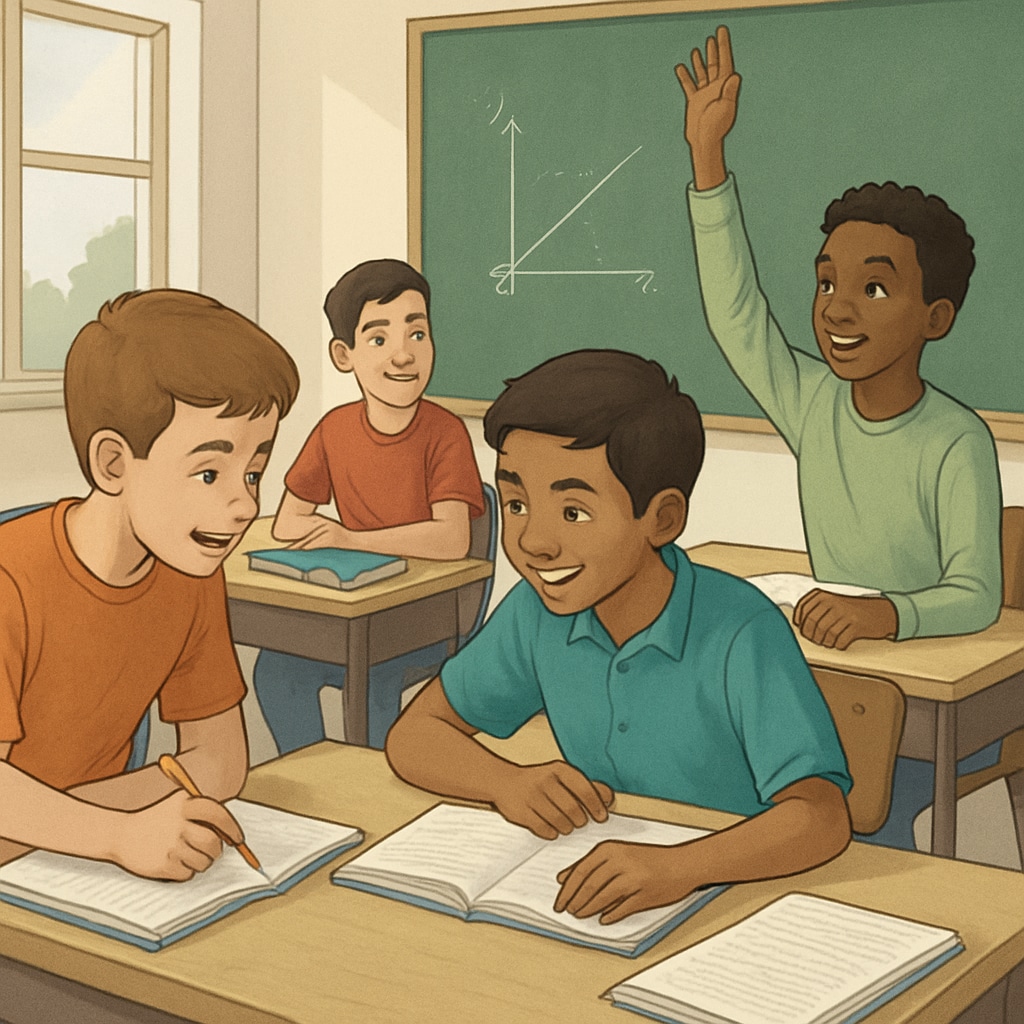For many parents and educators, addressing academic challenges, family guidance, and adolescent development in seventh-grade boys can be a daunting task. This transitional stage is marked by rapid physical and emotional changes, often accompanied by fluctuating motivation levels. However, with the right strategies, these boys can rediscover their passion for learning and develop healthier habits that prepare them for future success.
Recognizing the Signs of Academic Struggles
Seventh grade is a crucial period for academic and personal growth. Unfortunately, boys at this age often lose interest in school due to external peer pressure, a lack of confidence, or ineffective study habits. Identifying these signs early, such as declining grades or disinterest in classroom activities, is essential for timely intervention.
- Behavioral Changes: Frequent procrastination or avoidance of homework assignments.
- Emotional Signs: Frustration, anxiety, or low self-esteem related to schoolwork.
- Social Factors: Increased focus on friendships or extracurricular activities over academics.

Building Motivation Through Family Engagement
Family support plays a pivotal role in reigniting a child’s interest in education. Parents can foster motivation by establishing consistent routines, celebrating small academic achievements, and encouraging open communication about school-related concerns.
Here are practical ways families can help:
- Set Realistic Goals: Collaborate with your child to set achievable academic targets.
- Encourage Interests: Incorporate his hobbies into learning activities, like using sports statistics for math practice.
- Be Supportive: Offer praise for effort rather than outcomes to build resilience.
Building a strong foundation of trust and understanding between parents and children ensures they feel supported, both academically and emotionally.

Encouraging Personal Development Beyond Academics
Improving learning habits is only part of the solution. Adolescents also benefit from lifestyle adjustments that enhance their overall well-being. Balancing academic responsibilities with physical activity, proper nutrition, and recreational time helps create a holistic approach to growth.
Strategies for a balanced lifestyle:
- Physical Activity: Encourage sports or outdoor activities to improve focus and energy levels.
- Healthy Eating: Provide nutritious meals to fuel both body and mind.
- Sleep Hygiene: Establish a consistent bedtime routine to ensure adequate rest.
By addressing both academic and lifestyle needs, parents and educators can help boys develop a healthier outlook on life and education.
Collaborating with Schools for Effective Support
Schools play a vital role in shaping a child’s learning experience. Teachers and counselors can work alongside families to create personalized strategies tailored to the student’s needs.
Effective collaboration may include:
- Individualized Learning Plans: Adjusting teaching methods to suit the child’s learning style.
- Regular Updates: Maintaining open communication between parents and school staff.
- Mentorship Programs: Pairing students with mentors to guide them through challenges.
When families and schools work together, boys can overcome obstacles and achieve their full potential.
Conclusion: Helping seventh-grade boys with academic challenges requires patience, creativity, and collaboration. By addressing their unique needs through family engagement, lifestyle adjustments, and school support, parents and educators can inspire motivation and encourage personal growth. As a result, these boys can develop lifelong habits that lead to success in academics and beyond.


